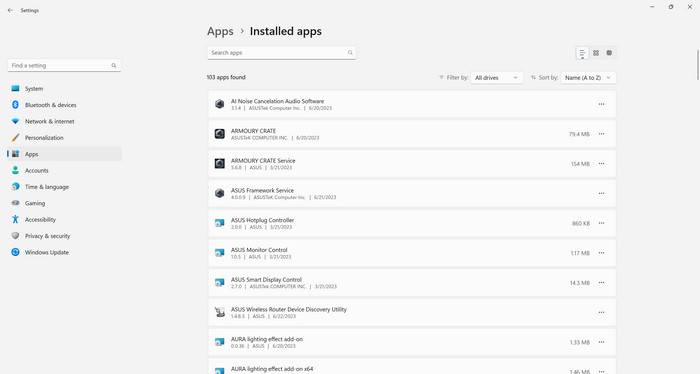With the increasing popularity of video conferencing and online communication, webcam software has become an essential tool for many users. One such software is CyberLink YouCam, which offers a range of features to enhance your webcam experience. In this article, we will explore what CyberLink YouCam is, its features, potential security concerns, and whether you should consider uninstalling it.

What is CyberLink YouCam?
CyberLink YouCam is a webcam software developed by CyberLink Corp. It is compatible with various operating systems, including Windows and macOS. The software offers a wide range of features to enhance your webcam experience, such as real-time video effects, augmented reality filters, and facial recognition.
With CyberLink YouCam, you can add fun effects and filters to your video chats, record videos with special effects, and take snapshots with augmented reality overlays. The software also includes features like face beautification, which can automatically enhance your appearance during video calls.
Key Features of CyberLink YouCam
CyberLink YouCam offers a plethora of features to enhance your webcam experience. Some of the key features include:
- Real-time video effects: You can apply various effects, such as animated emojis, 3D virtual objects, and dynamic particles, to your video feed in real-time.
- Augmented reality filters: CyberLink YouCam includes a wide range of AR filters that can transform your appearance or add virtual objects to your video.
- Face beautification: The software can automatically enhance your facial features, smooth out skin imperfections, and adjust lighting conditions to make you look your best during video calls.
- Video recording: You can record videos with special effects and filters applied, allowing you to create unique and entertaining content.
- Photo capturing: CyberLink YouCam enables you to take snapshots with augmented reality overlays, allowing you to add fun elements to your photos.
Security Concerns with CyberLink YouCam
While CyberLink YouCam offers a range of exciting features, it is important to consider the potential security concerns associated with the software. Like any other software, CyberLink YouCam may have vulnerabilities that could be exploited by malicious actors.
One potential security concern is the possibility of CyberLink YouCam being used as a tool for spying or unauthorized access to your webcam. While the software itself is not designed for malicious purposes, hackers could potentially exploit vulnerabilities in the software to gain unauthorized access to your webcam.
To mitigate the risk of unauthorized access, it is crucial to keep your webcam software up to date. CyberLink regularly releases updates and patches to address any security vulnerabilities that may be discovered. It is recommended to enable automatic updates or regularly check for updates manually.
Additionally, it is important to have a reliable antivirus and anti-malware software installed on your computer. Regularly scanning your system for malware can help detect and remove any potential threats, including those that may exploit vulnerabilities in webcam software.
If you suspect any suspicious activity or believe your webcam may have been compromised, it is advisable to run a scan with a reputable anti-malware software like Malwarebytes Free. This will help identify and remove any malware that may be affecting your system.
Should I Uninstall CyberLink YouCam?
Whether or not you should uninstall CyberLink YouCam depends on your personal preferences and security concerns. If you frequently use the software and find its features valuable, it may be worth keeping it installed.
However, if you rarely use the software or have concerns about its security, you may consider uninstalling it. Removing unnecessary software from your computer can help reduce the potential attack surface and minimize the risk of vulnerabilities being exploited.
Before uninstalling CyberLink YouCam, it is recommended to back up any important files or settings associated with the software. This will ensure that you can easily reinstall and restore your settings if you decide to use the software again in the future.
Conclusion
CyberLink YouCam is a webcam software that offers a range of features to enhance your webcam experience. While the software provides exciting capabilities, it is important to consider the potential security concerns associated with it.
To mitigate the risks, it is crucial to keep your webcam software up to date, regularly scan your system for malware, and have reliable antivirus software installed. Ultimately, the decision to uninstall CyberLink YouCam depends on your personal preferences and security concerns.
By understanding the features and potential risks associated with CyberLink YouCam, you can make an informed decision about whether to keep or uninstall the software.



![Remove Iptil.adsstreamline.top Pop-ups [Virus Removal Guide] 9 McAfee scam 4](https://malwaretips.com/blogs/wp-content/uploads/2023/08/McAfee-scam-4-290x290.jpg)